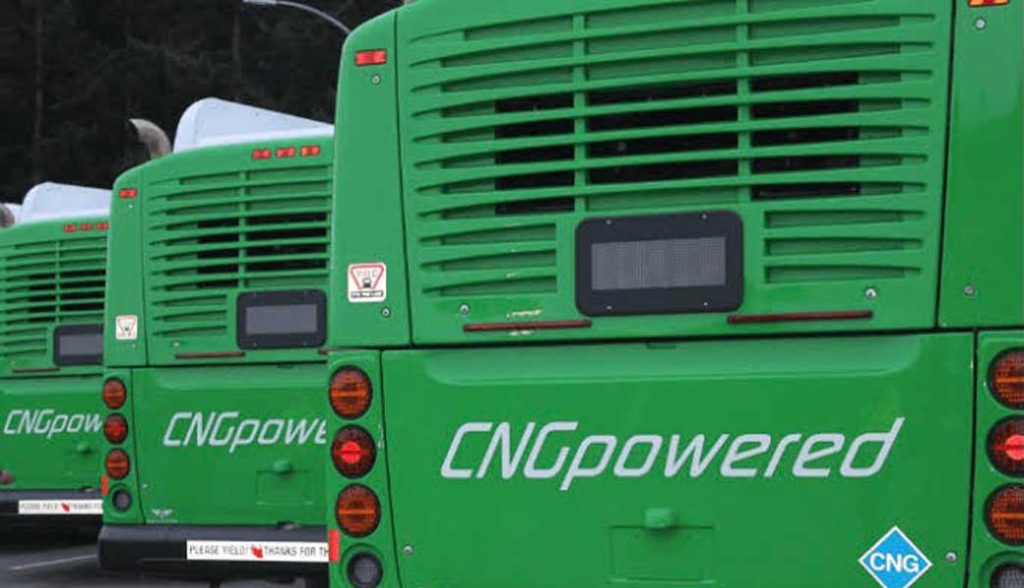The Independent Petroleum Marketers Association of Nigeria (IPMAN) has appealed to the Federal Government for financial assistance to facilitate the conversion of existing petrol stations into Compressed Natural Gas (CNG) refilling centers. IPMAN recognizes the immense potential of the Presidential Compressed Natural Gas Initiative but emphasizes that its widespread adoption hinges on substantial government backing. This call for support comes amidst the government’s announcement of a significant milestone – the successful conversion of over 100,000 vehicles from petrol to CNG within a single year. IPMAN argues that the conversion process for petrol stations is capital-intensive, requiring significant structural modifications and navigating complex regulatory approvals, obstacles that are currently hindering progress.
IPMAN’s National President, Abubakar Maigandi, highlighted the financial and logistical challenges inherent in the conversion process. He stressed that retrofitting existing petrol stations, primarily designed for liquid fuels, to accommodate CNG requires a substantial investment. This includes not only the installation of new equipment but also structural alterations to ensure safety and compliance with regulations. The lack of readily available funding for these conversions poses a major hurdle for independent marketers, who often operate on tighter margins than their larger counterparts. Furthermore, the existing infrastructure at most filling stations is ill-equipped to handle CNG, leading to long queues and limited access for motorists interested in making the switch.
The government’s ambitious CNG initiative has witnessed remarkable progress in vehicle conversions, with numbers surging from a mere 4,000 to nearly 100,000 in a single year. This rapid uptake, driven by the government’s commitment to promoting alternative fuels and mitigating the impact of fuel subsidy removal, underscores the initiative’s potential. Michael Oluwagbemi, Program Director and Chief Executive of the Presidential CNG Initiative, attributed this success to President Tinubu’s clear vision of leveraging domestic natural gas resources to create a more sustainable and cost-effective transportation system. He also highlighted the substantial private sector investment in the CNG sector, exceeding $1 billion, with significant contributions from companies like the Dangote Group and Arita LNG.
The expansion of CNG infrastructure has also seen a dramatic increase, with conversion centers multiplying from seven to 265 and operational CNG refuelling stations growing from 20 to 60 within a year, with an additional 175 stations currently under development. This rapid growth in infrastructure is essential to support the increasing number of CNG-powered vehicles and ensure convenient access to fuel. Addressing safety concerns surrounding CNG, Oluwagbemi emphasized its significantly lower explosivity compared to petrol and diesel, attributing many reported explosions to petrol-powered vehicles or exaggerated claims. He underscored the initiative’s broader goal of reducing transportation and food costs, ultimately improving household incomes. He pointed to the positive impact on food prices in some areas of Lagos, attributed to the use of CNG-powered trucks for livestock transportation.
Looking ahead, the initiative aims to convert an additional 250,000 vehicles in collaboration with private operators, with strong support from major transport unions. The government is actively working to expand the CNG refuelling network, with plans to commission 100 more stations within the next three months. While acknowledging the program’s benefits, transport unions like the Road Transport Employers Association of Nigeria (RTEAN) have urged the government to address challenges related to gas pressure and supply inconsistencies. Drivers have reported significant cost savings using CNG, but these gains are sometimes offset by the inconvenience of encountering stations with low pressure or no gas at all.
Despite these operational challenges, the government maintains its commitment to the CNG initiative, emphasizing the long-term benefits of transitioning to a more sustainable transportation system. Oluwagbemi defended the pace of implementation, drawing a parallel to the time-consuming process of building Rome. He urged Nigerians to support President Tinubu’s broader energy transition and renewable energy plan, highlighting the CNG initiative as a crucial step towards a more sustainable and economically viable future. The government views the transition to CNG as a necessary step to break free from the unsustainable fuel subsidy regime and create a more resilient energy sector.














